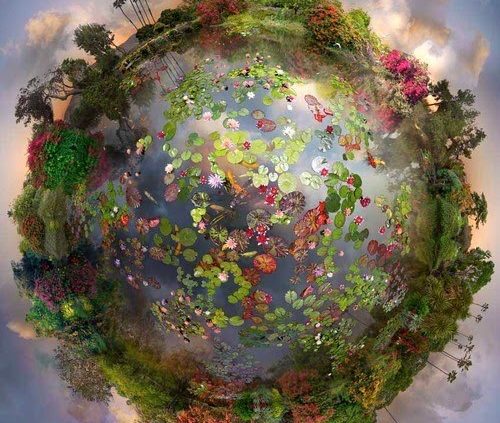How Loneliness Can Be Hazardous To Your Health.
A recent study revealed how loneliness raises your cortisol level. That dastardly stress hormone is higher in the morning in lonely people. It’s as if their bodies are preparing for another day of anguish and possible assault. In a culture where loneliness is often hidden as if it were a weakness or something to be gotten over, realizing that feeling disconnected from people, like you don’t belong or that you are different, an outsider, actually alters chemistry and places the brain on high alert, a state that after prolonged activity can result in compromised immunity and fragmented sleep.
We are wired to be aware of physical danger, it’s a primal directive, fight or flight, and yet connecting the dots to realize that loneliness is experienced by the body as a threat is particularly relevant in today’s world. In the past if you lived in a small town, you had community. If you felt lonely you could simply wander down the road and drop in on a neighbor. People often knew their neighbours. Today we try to ignore the feelings of alienation, bury our heads in our phones and instead keep busy or fill up with distractions. Sadly, when this becomes habitual you are literally wiring yourself to repeat a program that tells you to stay on guard and avoid authentic vulnerable contact with people…all in the name of self-preservation.
Feeling a continued state of loneliness then leads to continued isolation and the longer you keep that up the higher the likelihood of experiencing a state of dis-ease. Think of a school of fish. It is always safer for the fish in the middle, surrounded by others. Those on the outside are more likely to be eaten by predators and are in far more danger. So too with us, swimming on the edge of the social perimeter, feeling like an outsider leads to an activated brain where chronic anxiety becomes a norm and that makes the body more susceptible to disease.
The need to belong is an important consideration in the realm of mental health. And even more importantly is knowing that all parts of ourselves are ok and able to be seen and received by other people.
If the need to connect requires us giving up parts of ourselves in order to fit, we are going against our authentic nature. This too will have disastrous consequences.
There are two forces that drive humanity. The force for togetherness and the force for autonomy. As children we choose one over the other. A child will cut off parts of themselves in order to fit in their family unit, serving the force for togetherness over their own individuality. Their very survival depends upon it. Later in adolescence the force for autonomy kicks in and independence becomes a primary focus. “I am not you, I am me” says the teenager. Both of these evolutionary tasks are developmental stages, vital to our becoming well rounded happy people. The teen is right on cue serving the force for autonomy…the freedom to be an individual.
Once we reach adulthood, the next stage of evolution calls. It is not the CO-DEPENDENCE that can ensue when one only serves the drive for togetherness, nor the INDEPENDENCE that is so revered in our western world when one serves the force for autonomy over all else. The next vital stage of development and the one essential for any healthy relationship is INTERDEPENDENCE.
This stage of evolution involves the courage and ability to know and honestly express oneself and one’s values, AND stay connected to another human being at the same time. We think sameness is what creates connection but the truth is we can be different and still stay in intimate contact.
This is INTERDEPENDENCE. And while no one teaches us how to traverse this important passage, it is a milestone that becomes the foundation for a loving, free flowing relationship that can endure time and challenges. That honors both the self and other equally. There is room here for two different realities and respect for those differences.
This perspective holds true both in relationship with oneself and with others and it is the process of therapy that invites you to create a map to discover just how you will step up to this developmental task.
Freedom to be uniquely, honestly yourself while still staying in deep contact with another human being, is the reward for engaging in this process of growth. And guess what…it can actually be fun at the same time.
Authentically Yours,
Tasha


